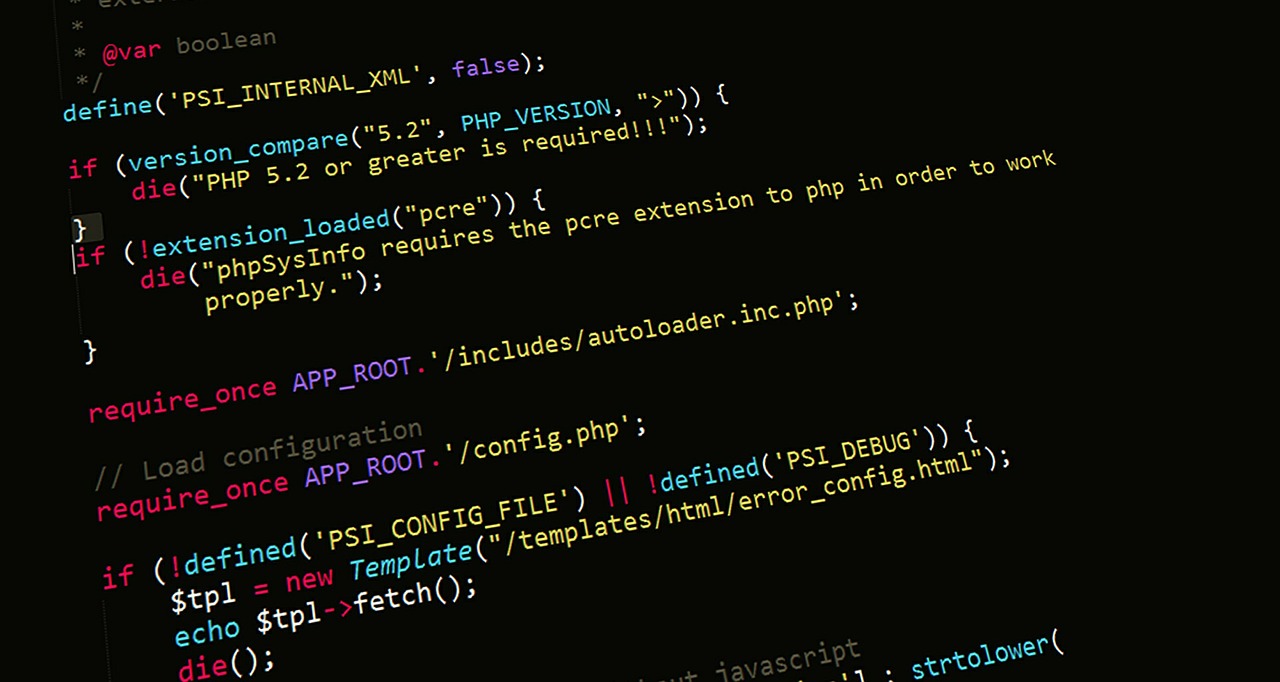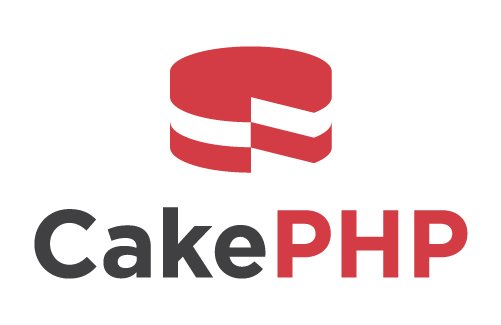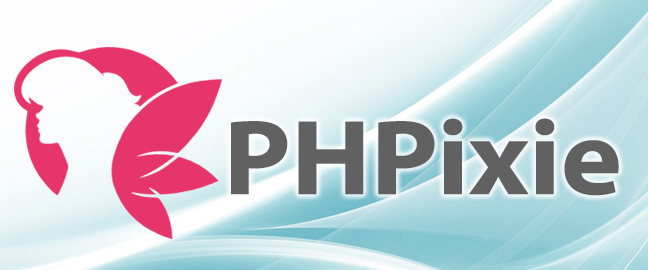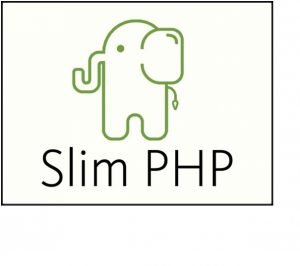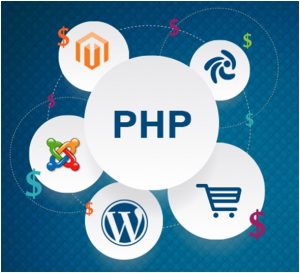
There are numerous PHP frameworks in the market nowadays and finding the right one is hard. What do you look for when choosing a PHP framework? I will provide the answer by giving you 10 of the most effective PHP frameworks and their unique features.
Laravel
Since its inception in 2011, Laravel has remained at the top of PHP frameworks, making it the most popular free open-source framework globally. Reason being its ability to handle complex web applications. It does this safely and at a faster rate than most frameworks. Using Laravel framework simplifies PHP web development processes like caching, routing, authentication, and sessions. This framework is perfect when developing complex applications with complicated backend requirements regardless of their scale. You can install Laravel easily using Homestead which is an all-in-one, pre-packaged Vagrant box.
CodeIgniter
If you are looking for a PHP framework to develop diverse websites, then CodeIgniter will do you justice. It is quite small in size (about 2MB –plus documentation). As a developer, you can use this framework to structure any given site using its prebuilt modules with robust and reusable components. The reason why I recommend this framework is for its lightweight nature and straightforwardness. Installing CodeIgniter is easy due to its simple setup process and documentation. This is helpful for beginners who are not yet conversant with code. Its features include inbuilt security tools, MVC architecture, error handling, and simple documentation, making it perfect for scalable applications.
Symfony
This is one of the oldest PHP frameworks which were launched in 2005. The framework is quite reliable after being around for 14 years. This platform follows the PHP and web standards to the latter. Symfony is an extensive MVC framework making it perfect for developing large scale business applications. It’s also easy to install and configure on any platform. A notable feature of Symfony is its reusable PHP components. Other important features include database engine–independence, stability, and integration with other vendor libraries. As much as it’s a reliable framework, it is suitable for advanced developers and it might be tough for beginners.
CakePHP
Known for its simplicity and elegance, Cake PHP allows you to develop awesome visuals and feature-rich apps and websites. What makes it one of the easiest frameworks to use is its CRUD nature (create, read, update, and delete). This framework has been around since 2000, improving its performance and adding new components. Additionally, it’s easy to install; you only need a copy of the framework and a web server. The framework makes it a perfect choice for commercial purposes. Security features include cross-site request forgeries (CSRF) protection, input validation, SQL injection prevention, and cross-site scripting (XSS) protection.
Yii
Yii stands for Yes it is. If you want to build high-performance and modern apps or websites, then this PHP framework will give you perfect solutions. You can also use it on all sorts of websites, large or small scale. You can count on its solid security features to develop e-commerce apps, CMS, portals, and online courses. The framework has excellent speed and developers can avoid the strains of writing complex, repetitive SQL statements. You will get help from its massive community, by posting technical related problems on Yii’s forum. You can customize any piece of code but has a steep learning curve for starters.
Zend Framework
Zend is built onan agile methodology, helping developers to provide reliable apps to enterprise clients. It is highly customizable and object-oriented due to its interface and inheritance which makes it extendable. If you want to add project-specific functionalities, this framework will be of great help. Zend PHP framework works well for large enterprises with complexities such as banks and IT departments. Key features in Zend include simple cloud API, MVC components, session management, and data encryption. With this frame work, you can use components that are only necessary and it also integrates with external libraries.
Phalcon
This unique, fully packed PHP framework was first released in 2012, written in C and C++. The framework uses the MVC web architecture design pattern. It is delivered as an extension of and there is no need to worry about the C programming language. The reason why this framework is regarded as a top framework is for its easy installation process which makes it easy to create configurable web apps that are enterprise-oriented. Some of its benefits include solid security features, universal autoloader, execution speed, asset management, and caching. It is the best choice for creating super-fast website apps due to its optimized performance and memory utilization efficiency.
FuelPHP
What makes this PHP framework unique besides supporting the MVC design pattern; it also has its own version known as the hierarchical model view controller (HMVC). Fuel PHP was incepted in 2011 and HMVC doesn’t require duplication to show on multiple pages reducing the time and memory consumed. With Fuel PHP, developers can deliver diverse and complex end-to-end web solutions. Key features include a URL routing system, HMVC implementation, vulnerability protection, Restful implementation, and a caching system. It offers less support since it’s a new entity. It’s also hard to learn how it works.
PHPixie
This top PHP framework also implements the HMVC design pattern, just like FuelPHP.It was created in 2012 to cater for read-only websites. The framework has a high-performance rate, making it perfect for customized web applications, social networking websites, and web app development solutions. PHPixie benefits include input validation, authentication, standard ORM (object-relational mapping), caching, and authorization capabilities. As a new entity, it has a smaller community and offers minimal support.
Slim
Another’s top PHP framework is Slim. It is a micro-framework that allows developers to build simple and powerful web apps and APIs fast. What makes it remarkable is its intuitiveness. Developers can count on it for URL routing client-side HTTP caching, session, and cookie encryption, and many more solutions. It has user-friendly documentation, intuitive, and active maintenance. The framework is perfect for small web applications that don’t require a full-featured PHP framework.
Conclusion
PHP frameworks help developers to reduce web development workload by a big margin. PHP frameworks vary depending on community size, database support, and documentation. When choosing the preferred framework, check its strengths and weakness to make an informative decision. Understanding the project requirements will also help you. Make the right choice.

